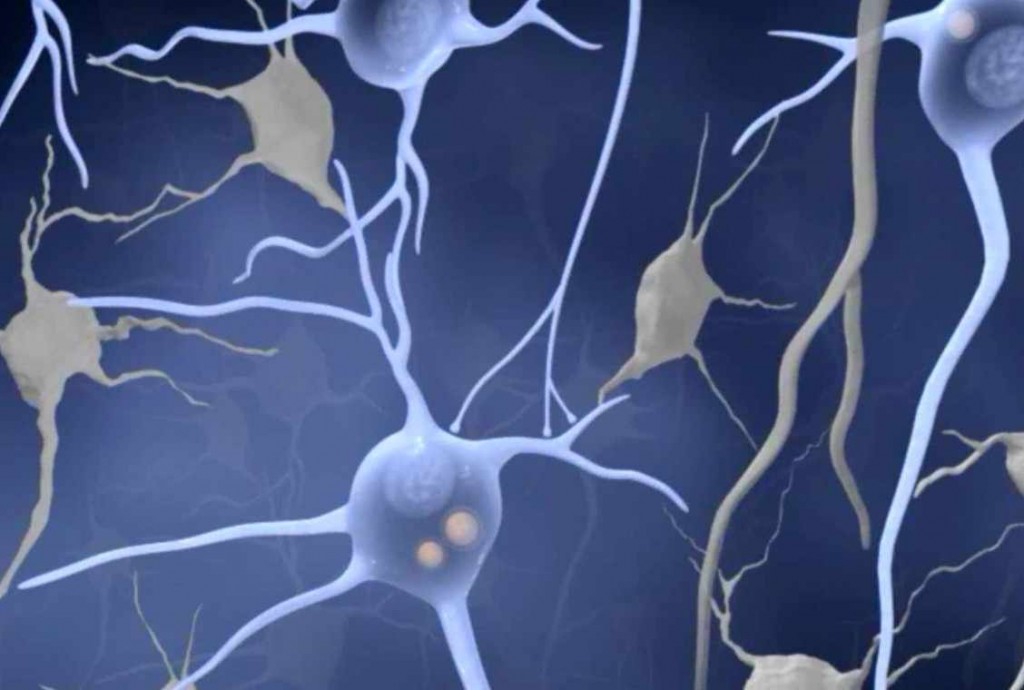-
Health & Wellness
Delving into Lewy Body Dementia
NOTE: The International Dementia with Lewy Bodies Conference is scheduled for December 1-4 in Ft. Lauderdale, Florida. The conference is made up of a four-day Scientific and Health Care Provider conference and a concurrent two-day Patient and Care Partner Conference.
WATCH ANIMATION
Lewy body dementia may not be as well-known as Alzheimer's disease, but is the second-most progressive form of dementia after Alzheimer's disease. It causes a progressive decline in mental and physical abilities.
What is Lewy body dementia and what are its symptoms?
Mayo Clinic neuropathologist Dr. Dennis Dickson says, "Lewy body dementia is a prototypical mixed dementia, with features of both Parkinson’s disease and Alzheimer’s disease. This combination of disease processes makes medical management difficult.The four cardinal features are cognitive impairment, visual hallucinations, fluctuations in level of consciousness, and Parkinsonism. Rapid eye movement (REM) sleep behavior disorder (RBD) is another very characteristic feature of many patients."
Mayo Clinic neurologist Dr. Rodolfo Savica says those with Lewy body dementia often show traits of both Alzheimer's disease and Parkinson's disease, leading to the concept that it falls between the two disorders. Like Parkinson's disease, Lewy body dementia tends to slightly affect more men than women.
"Lewy body dementia may be more common than we expect. It is difficult to diagnose unless you know exactly what to search for. Unfortunately, we do not have a single or specific test but with a number of tests together we can make a clinical diagnosis," says Dr. Savica.
Importance of Research
"As our society ages and birth rate drops, we will continue to see more older people with neurodegenerative disorders. That's why it is so important to continue research to find ways to better treat people and ultimately find a cure. We currently offer treatment to help with symptoms and continue research to find ways to block the disease. We do not have anything to stop the disease progression. With proper diagnosis, we can ensure people remain comfortable and enjoy a good life. We are all very committed to improving diagnosis, treatment and potentially finding a cure," adds Dr. Savica.
Dr. Dickson says, "Mayo Clinic has a strong and long-lasting commitment to Lewy body dementia including strong clinical studies by people such as Drs. Bradley Boeve and Tanis Ferman, strong brain-imaging studies led by Drs. Kejal Kantarci and Clifford Jack, ground-breaking genetic studies led by Drs. Zbigniew Wszolek and Owen Ross, and neuropathology, including a brain bank for Lewy body dementia in Jacksonville that I lead and assisted by Dr. Melissa Murray."
The Lewy Body Dementia Research Program at Mayo Clinic, one of the few in the world dedicated to finding answers and treatments for the disease, receives support from the Mangurian Foundation.
Related Articles








